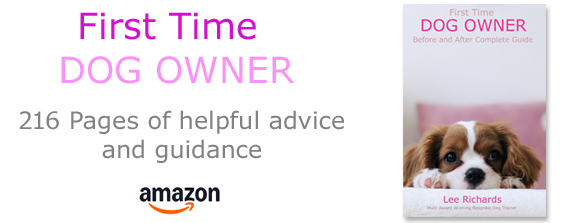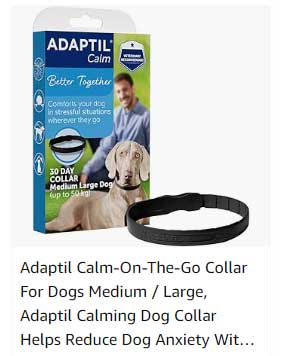Dog aggression is a critical issue that many pet owners are faced with and it’s important to recognize that this aggression can often be linked to health problems.
NEUROLOGICAL OR ILLNESS
There are various types of illnesses that can affect your dog’s behavior, with aggression being a primary symptom.
Notably, dental problems, hormonal imbalances, pain, fevers, thyroid issues, and even the effects of certain medications can potentially lead to aggression in dogs.
In many cases, the root cause of the aggression might even be genetic, passed down from their parents or grandparents.
This could manifest as neurological issues which directly influence their behavior.
Your dog’s sudden aggressive behavior could be a signal of an underlying neurological problem, which, while serious, can be managed with professional help in some instances.
SEEK HELP FOR YOUR DOG
One of the most important steps to take if you notice a change in your dog’s behavior is to seek help from a vet.
Your vet can conduct a thorough health check and identify any possible issues that could be causing the aggression.
Don’t ignore these behavioral changes, as they are often your pet’s way of communicating that something is wrong.
YOUR APPROACH
It’s crucial to approach the issue of dog aggression from a place of understanding and patience.
Remember, your pet is not being aggressive out of spite or to challenge your authority.
More often than not, they’re in discomfort or pain.
By recognizing this, you can approach the situation with empathy, which can make a significant difference in managing their aggression.
MANY LEVELS
It is also worth considering that neurological issues in dogs are often complex and multifaceted.
There’s no one-size-fits-all solution.
Management of these problems often involves a combination of medication, dietary changes, and behavior modification techniques.
Your vet can guide you through this process and provide the necessary support.
DOG HEALTH AGGRESSION
Aggression related to health problems in dogs is a complex issue but remember, you are not alone in this journey.
Countless pet owners have walked this path before and there’s plenty of help available.
With professional advice and a supportive community, you can navigate this challenging situation effectively.
IN CONCLUSION
Seeing aggression in your beloved pet can be disheartening and worrying.
But with knowledge, understanding, and the right support, you can help your pet live a happier and healthier life.
It’s essential to remember that your pet is not “bad” – they’re just communicating their discomfort in the only way they know how.
With your help, they can get the care they need and return to their normal, loving self.










